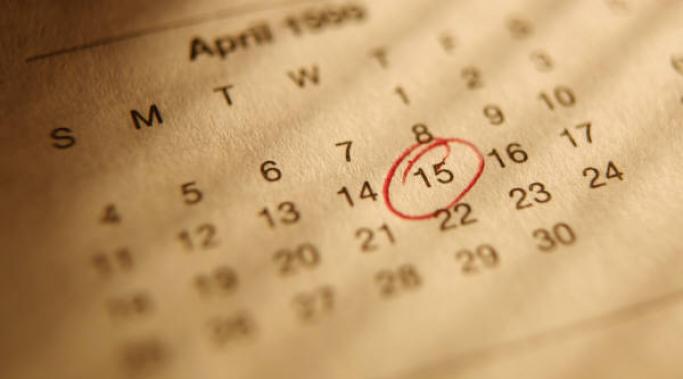Blogs
I’ve read and heard about the mental health benefits of journaling for years. For those living with a mental illness, journaling as self-care can be even more beneficial and therapeutic. I’ve always loved the idea of journaling; the book itself, the pens, the prompt, but I could never seem to keep up with it. I never knew what to put in it once I got started. Over time, though, I realized that there isn’t a right or a wrong way to journal. I think of it as a “stream of consciousness.”
I have spent a great many years with this bipolar disorder thing. I have spent a great many years dealing with it. I have spent a great many years suffering with it. I have spent a great many years with medication unsuccessfully controlling it. I have spent a great many years in pain.
And when in an episode, for me it’s a depressive episode, I just want to know, “how many days until I get better? How many more days do I have to live in this agony?”
Parenting is a tough job. Tough enough to get you thinking. While talking with some friends today, I reflected on my parenting style today and when I first started out. I surprised myself when I shared how different my parenting life is today.
Very often, I'll come across guidelines explaining or offering guidance on what to say or not to say to someone suffering from an eating disorder. Though these guidelines are useful and important in order to give those who are not familiar with eating disorders a frame of reference, they can still lead to awkward or hurtful interactions, simply because these kind of conversations surrounding eating disorders and mental illness are never easy to have.
In our neighboring Newtown, Connecticut, too many families are steeling themselves for the anniversary of an unspeakable tragedy: the shooting at Sandy Hook Elementary School on December 14, 2012.
I've recently been interviewed for an article (coming out soon) about whether I think the Mental Health system in Connecticut has changed in the year since the incident. My answer? Not yet, not that I can see. If anything, we're in danger of sweeping the issues under the rug once again.
But the questions remain: Could it have been prevented? Should someone have seen the "signs"? And - more usefully, perhaps - what can be done to help stop future tragedy?
You are the author of your life. Be intentional and purposeful about creating and sustaining the life you desire to live. ~ Dr. Sydney Savion
Dr. Sydney Savion is an applied behavioral scientist, member of the American Psychological Association and scholar-practitioner in the field of life transition for more than a decade. She views life transition as a gradual psychological progression of questioning self, others, the situation, seeking a new direction, and a quest to start to anew. It is a natural part of living that is triggered by an event that has a momentous impact upon and changes a person‘s life ecosystem in a manner that demands a person to cope and adjust. For example, this event could be a loss of a loved one, a marriage, your mental health, or even livelihood.
In my program, there are a lot of lectures and a lot of labs. For lectures, we're sitting quietly listening to a teacher and in labs we're talking with our partners/groups about movements and techniques. I had the opportunity to do a few lab activities in the past few weeks for my neuro-muscular course that tested my senses and my ability to adapt to their age-related changes. Because I always look at experiences though my Adult ADHD lens, these labs were no different.
The catalyst to my first bout of depression was almost thirteen years ago. That's when the official depression diagnosis was, anyway. That's not to say that I wasn't depressed before that. If I was, I didn't know I was. But that date marked the beginning of my journey to getting treatment for my depression.
How many times of you heard, "oh, you can't date her, she has bipolar disorder." Well, okay, you might not have heard it, but many of us have been on the business end of that idea. People have advised others never to date us because we have bipolar disorder. In this video I talk about the stigma of dating someone with bipolar disorder and how it's just prejudice that produces statements like the above.
Psychiatric symptoms can make a person with mental illness an irresistible target for bullies. More Than Borderline's Becky Oberg shares her experiences and strategies on dealing with bullies.








I believe she will only be able to rid herself of her demons, and hopefully her BPD as well, when she's ready to confront the abuse of her father. If she can put the blame where it belongs, she may stop projecting that victim/perpetrator cycle on the present men in her life. These demons are a metaphor for the purgatory she has created for herself. That reality has consequences in the real world, but it need not be real in the tangible sense. Exorcising her demons will require the expenditure of real physical energy and probably the destruction of aspects of her personality. If this ever happens, and it's possible but not probable, then these demons will evaporate. They are only as real as one's personality is real. In short, reality is not the question, it's what you make of the things you feel to be real.